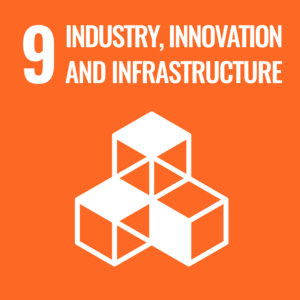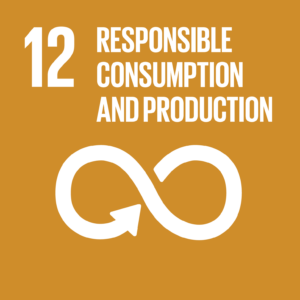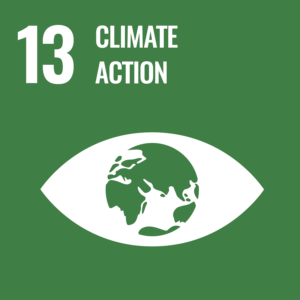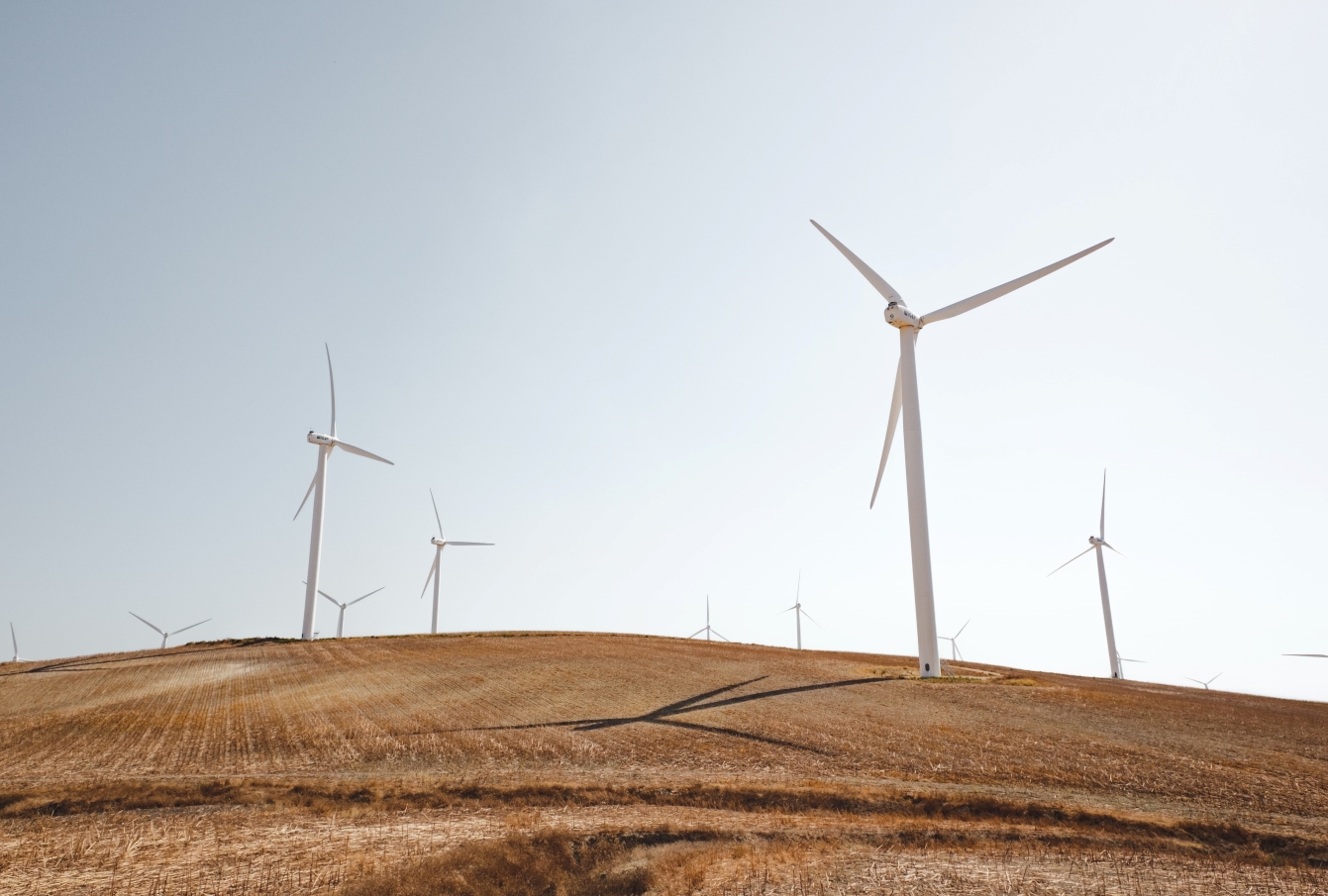 Circular Economy in Italy: The Crucial Role of SMEs in Economic Sustainability
Circular Economy in Italy: The Crucial Role of SMEs in Economic Sustainability
On May 10, 2024, in Rome, the 6th Conference on the circular economy took place. During the event, the Annual Report on the Circular Economy, conducted by CNA and Circular Economy Network, was presented. The report emphasized the importance of Italian small and medium-sized firms (SMEs) in fostering economic sustainability, highlighting their awareness of the benefits of the circular economy, such as cost savings and improved recycling. However, these enterprises address challenges due to excessive bureaucratic complexity, a lack of incentives, and a lack of required expertise.
Furthermore, the Report addresses and includes other critical issues, such as the new European regulation on packaging and packaging waste, a comparative assessment of the circularity performance of the five major European countries (Italy, France, Germany, Spain, and Poland), and an update on critical and strategic raw materials, with a focus on Rare Earths and Copper.
Let’s dive deep into the key topics of the 6th Annual Report on the Circular Economy!
Role of SMEs in the Transition to the Circular Economy
Italian SMEs, constituting almost all businesses, play an essential role in the transition to a circular economy. They are increasingly aware of the need for active participation in ecological transition to reduce environmental impacts and capitalize on economic opportunities tied to sustainability.
Moreover, Italian SMEs recognize the benefits of sustainability in terms of cost reduction in energy and raw material procurement, as well as improved product competitiveness in markets. However, there’s still less awareness about the growing importance of sustainability for SMEs regarding access to credit, participation in green procurement, and eligibility for public incentives. To engage effectively, they need to measure their performance, focusing on energy and raw material efficiency, emission reduction, and circularity.
Results of the Survey on Circular Economy in Craft Businesses
The survey conducted between December 2023 and January 2024 on over 800 businesses found that 65% are implementing circular economy processes. This is up from 30.2% in 2021. An additional 10% intend to embrace the circular economy in the future.
SMEs Interventions and Benefits of Circular Economy Measures Implementation
According to the Report, the most commonly implemented interventions include utilizing recycled materials (68.2%), reducing packaging (64%), and enhancing product durability and repairability (53.2%).
As regard the primary advantages of adopting circular economy measures, 70.4% of businesses highlight increased environmental sustainability, followed by reduced production costs (61%), improved efficiency (35.6%), and fostering innovation (34.2%).
Challenges and Opportunities for SMEs
The challenges faced by small enterprises stem not so much from awareness but from the lack of suitable tools, business skills, and a supportive regulatory framework. In fact, according to entrepreneurs, several factors continue to hinder the adoption of circular economy measures, including the excessive bureaucratic complexity, a lack of incentives, and insufficient expertise.
Seven Proposals to Accelerate the Transition
- Support initiatives aimed at helping SMEs access available public resources (such as Transition 4.0, Transition 5.0, Sabatini Green, etc.) to facilitate their investments in transitioning towards a more circular economy.
- Utilize the reform of environmentally harmful subsidies to redirect resources towards offering tax incentives for SMEs that utilize secondary raw materials or engage in activities focused on prolonged use and reuse (such as maintenance and repair).
- Promote industrial symbiosis platforms that facilitate the exchange of by-products, making them freely accessible to SMEs.
- Promote and finance training activities for the circular economy at both national and regional levels, involving industry associations to support SMEs.
- Encourage SMEs to adopt indicator sets to measure and evaluate the circularity of their activities.
- Increase funding for research and experimentation activities to foster the development of circular economies among SMEs.
- Establish an online platform for disseminating circular economy best practices, accessible to SMEs at no cost.
State of European and National Legislation
European legislation has strongly driven the transition to the circular economy with the Green Deal and the European Circular Economy Action Plan. In line with this, the upcoming packaging regulation will become immediately binding. It will feature modulated environmental contributions and mandatory deposit systems.
New European Packaging Regulation
This year’s most significant regulatory advancement is the new European Regulation on packaging and packaging waste, now in its final stages awaiting approval. The regulation underwent notable revisions during the parliamentary process, resulting in a positive leap forward for packaging circularity and waste management.
Additionally, a proposal to enhance and diversify the supply of critical raw materials was approved in March. The introduction of the new Battery Regulation in August 2023 and amendments to the Directive on Waste Electrical and Electronic Equipment (WEEE) further underline the regulatory landscape’s evolution.
Critical Raw Materials Situation
ENEA updated the situation of critical raw materials, such as Rare earths and Copper.
Rare Earths, vital for renewable energy, electric mobility, and electronics, heavily depend on Chinese exports, highlighting the need for supply chain diversification and increased recycling.
Copper, identified as a strategic raw material, is crucial for electrification technologies, with the majority of reserves located in a few countries. Despite Europe’s minimal reserves, Copper’s recyclability offers potential for sustainability, emphasizing the importance of maintaining and expanding recycling efforts.
Conclusion
In conclusion, the 6th Annual Report on the Circular Economy highlights the growing importance of SMEs in fostering sustainability and outlines key proposals to overcome existing challenges.
Moreover, the report emphasizes significant regulatory advancements, such as the new European Packaging Regulation, and underscores the critical need to address issues surrounding the supply of raw materials like Rare Earths and Copper.
By implementing the recommendations outlined and leveraging regulatory changes, stakeholders can accelerate the transition towards a circular economy, fostering economic growth and environmental resilience.
What Proaxxes Can Do for You
As a service company that believes in sustainability, Proaxxes emphasizes the urgency of the current situation. Collaborative efforts, increased investments, and strategic alliances are required to overcome obstacles and drive Italy toward a circular and sustainable future. Contact us!









